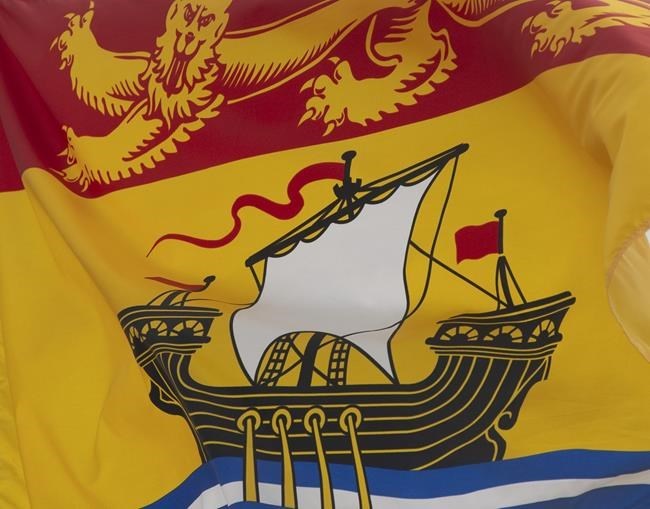MONTREAL — A movement has been rekindled in New Brunswick to shed a francophone university's connection to Robert Monckton, a British military figure who played an active role in the imprisonment and deportation of thousands of Acadians.
More than 1,000 people from Canada's Acadian community — including dignitaries, academics and artists — have signed a petition to rename Université de Moncton, the country's largest French-language university outside Quebec.
“We have mobilized and are creating an irreversible movement," Acadian activist Jean-Marie Nadeau said in an interview Tuesday. "There has never been such a large and popular mobilization (on this issue) like the one we have."
The university was founded in 1963 and took the name of the city of Moncton, the location of one of its three campuses and the largest city in the province.
Moncton is also home to many of Canada's Acadians, a population that suffered when thousands were forcibly deported from the Maritimes beginning in 1755. Between 1755 and 1763 approximately 10,000 Acadians were expelled from their land by the British.
Nadeau said the debate to rename the university has resurfaced at least once a decade since the 1970s. The latest revival came after he wrote an essay on Feb. 7 in local newspaper Le Moniteur Acadien calling for the change. About one week ago, Nadeau and Jean-Bernard Robichaud — rector of the university from 1990 to 2000 — started a petition on social media to change the name of the school.
Acadian signatories include current and former politicians, chancellors, and lawyers, as well as novelist Antonine Maillet, singer-songwriter Edith Butler, musician Zachary Richard and filmmaker Renée Blanchar.
“We are doing this movement because we are tired of dragging the name of Monckton like a ball and chain attached to our university," Nadeau said. "Monckton was one of our main torturers and executioners-in-chief, responsible for the logistics of the deportation in 1755."
In the letter attached to the petition, Nadeau and Robichaud ask why the people in charge of the university continue to refuse to change the name.
“Is the name of our university consistent with its identity? For the signatories of this letter, the answer is an unequivocal no. You have the power to change this name to reflect the Acadian reality," the letter says.
Representatives for Université de Moncton did not respond to a request for comment on Tuesday.
The mayor of Caraquet, N.B., Bernard Thériault, also signed the petition. He said that as a French-speaking Acadian who graduated from Université de Moncton, it's time for change.
“The Acadian community is strong enough today to take on this change,” Thériault said, adding that the community had never clearly expressed its desire as strongly as it is doing now.
Nadeau said he was inspired by recent events across the country over the last few years, during which monuments to controversial historical figures were torn down and street names linked to them were changed.
He mentioned the Nova Scotia communities that removed from their property the name of former governor Edward Cornwallis, who issued a "scalping proclamation" in 1749 that offered a bounty to anyone who killed Mi'kmaq men, women or children.
Nadeau also cited the former Ryerson University — now Toronto Metropolitan University — which used to be named after Egerton Ryerson, who helped create the country's residential school system.
“So, we are also part of this new movement, and the time is right," Nadeau said. "The Acadian people stand tall and are proud, and by changing its name, l’Université de Moncton will be one of the most beautiful symbols of this rediscovered pride and dignity.”
This report by The Canadian Press was first published March 8, 2023.
—
This story was produced with the financial assistance of the Meta and Canadian Press News Fellowship.
Marisela Amador, The Canadian Press
Note to readers: This is a corrected story. A previous version said Université de Moncton was founded in 1966 and that Moncton is New Brunswick's second-largest city. It also said the deportation of the Acadians took place after the end of the Seven Years' War.




